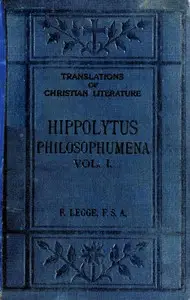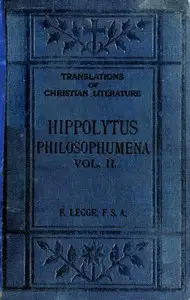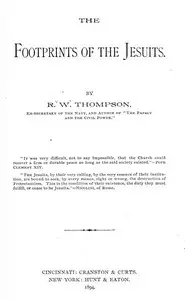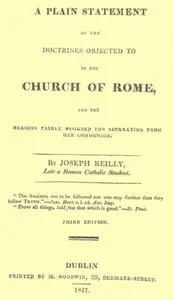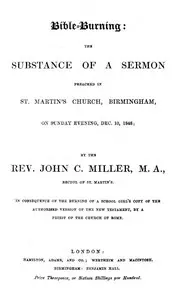"The Apostolic Tradition of Hippolytus" by Antipope Hippolytus is a theological text composed in the early 3rd century. This work serves as an important ecclesiastical manual, detailing the structure, practices, and liturgical rules of the early Christian church. The text reflects the beliefs and procedures that Hippolytus sought to preserve amid growing diversity in early Christianity, particularly in the Roman context. At the start of the work, Hippolytus focuses on the need for clarity and adherence to apostolic traditions amidst rising heresies and confusions in practice. He outlines the procedures for ordaining bishops, presbyters, and deacons, detailing the prayers and roles associated with each position. Additionally, he emphasizes how the community should select and examine both new converts and those to be baptized, establishing a framework for maintaining the moral and liturgical integrity of the church. The opening portion sets the stage for a comprehensive exploration of early Christian ecclesiology, offering insights into the governance and rituals that were vital for the unity and sanctity of the faith during this formative period. (This is an automatically generated summary.)
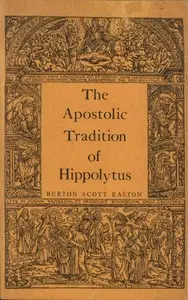
The Apostolic Tradition of Hippolytus Translated into English with Introduction and Notes
By Antipope Hippolytus
"The Apostolic Tradition of Hippolytus" by Antipope Hippolytus is a theological text composed in the early 3rd century. This work serves as an importa...
Hippolytus of Rome was a Bishop of Rome and one of the most important second–third centuries Christian theologians, whose provenance, identity and corpus remain elusive to scholars and historians. Suggested communities include Rome, Palestine, Egypt, Anatolia and other regions of the Middle East. The best historians of literature in the ancient church, including Eusebius of Caesarea and Jerome, openly confess they cannot name where Hippolytus the biblical commentator and theologian served in leadership. They had read his works but did not possess evidence of his community. Photios I of Constantinople describes him in his Bibliotheca as a disciple of Irenaeus, who was said to be a disciple of Polycarp, and from the context of this passage it is supposed that he suggested that Hippolytus so styled himself. This assertion is doubtful. One older theory asserts he came into conflict with the popes of his time and seems to have headed a schismatic group as a rival to the bishop of Rome, thus becoming an antipope. In this view, he opposed the Roman Popes who softened the penitential system to accommodate the large number of new pagan converts. However, he was reconciled to the Church before he died as a martyr.

